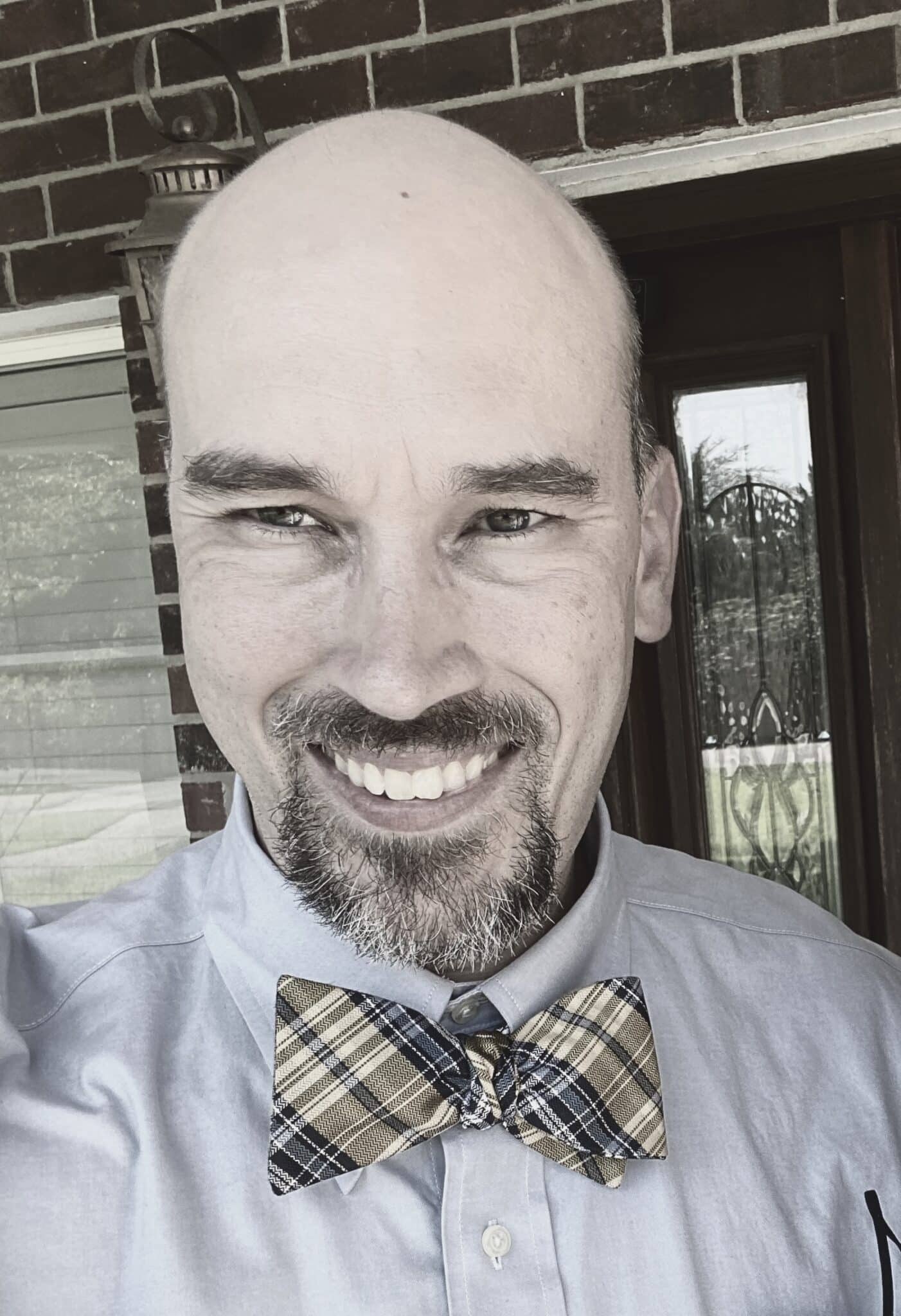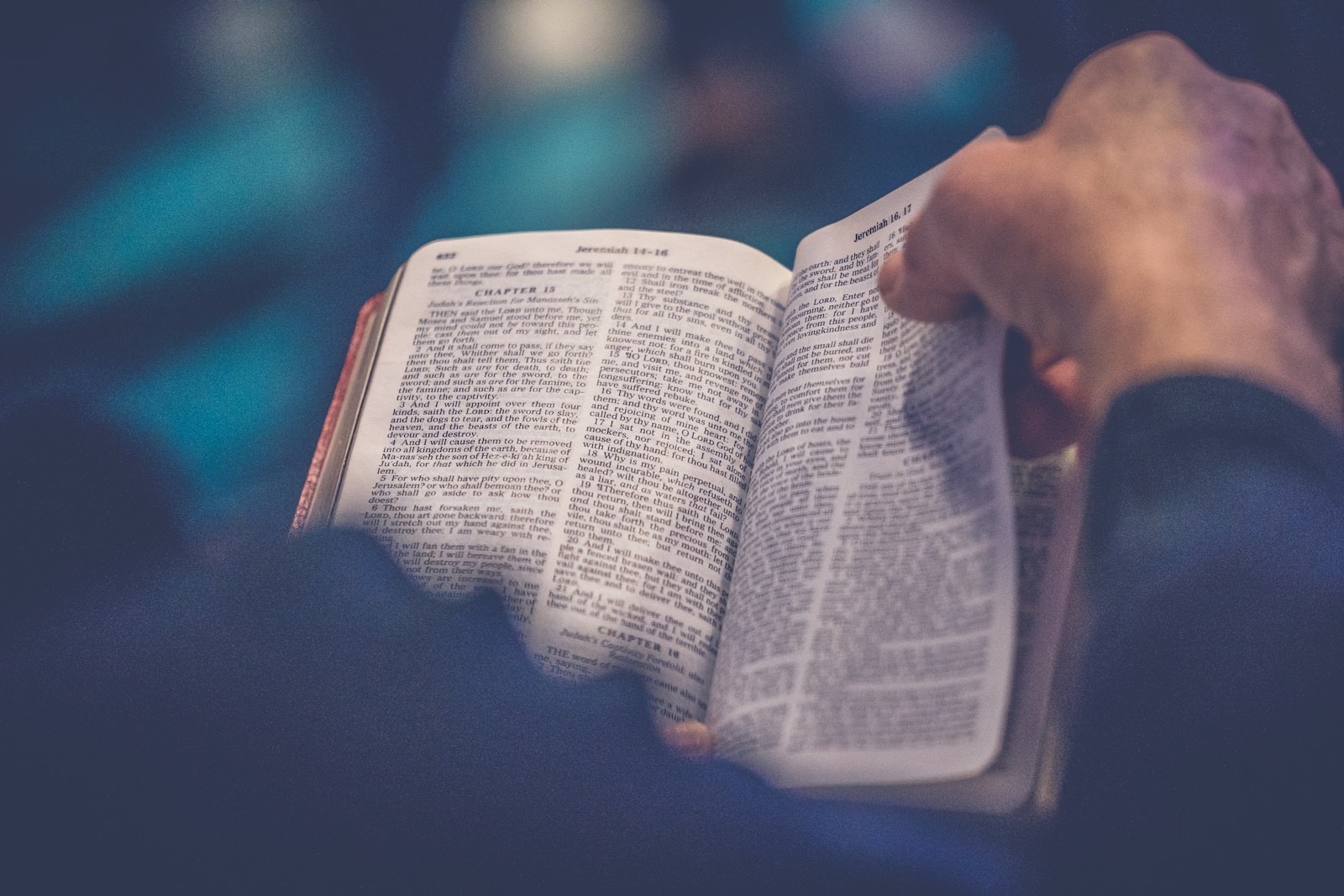A courtroom stands as one of the few places our society still treats with respect. They refer to the judge as “your honor.” Those involved in the trial dress very formally. The court hands down life-changing verdicts of guilty and not-guilty. The court places witnesses under oath to ensure their truthfulness. The proceedings radiate an atmosphere of seriousness.
In his letters, Paul places Timothy under oath to exhort him to persevere in faithful service, and the Apostle calls solemn witnesses to hold Timothy accountable to his task. This article is part of a series of blog posts aimed at encouraging pastors to persevere in their labor. The sense of gravity that accompanies being under oath should exhort us to continue in serving our judge—the Lord Jesus Christ. The weight of these oaths should spur us on to faithful endurance.
The Purpose of an Oath
Oaths heighten the urgency and seriousness of a commitment. One can find examples throughout Scripture of oaths being made at strategic times to highlight the significance of a promise or task. In Genesis 24, Abraham placed his servant under oath to find a wife for his son Isaac (a weighty responsibility to entrust to another). Biblical authors refer to covenants God makes with his people as “oaths” (Gen 26:3; Deut 7:8; Ps 132:11). God instructs his people to take oaths seriously and not utter them rashly (Lev 5:4; Num 30:2). Joshua places an oath in the form of a curse upon anyone who would rebuild Jericho—severe consequences would afflict anyone disregarding this oath (Josh 6:26). David spared Mephibosheth’s life because of an oath he had sworn to his friend Jonathan (2 Sam 21:7). Ezra uses an oath to ensure the faithfulness of the priests who returned with him to Jerusalem (Ezra 10:5). In a tragic scene, Peter reinforces his denial of Jesus Christ with an oath (Matt 26:72). Paul places the Thessalonians under oath to ensure their whole church hears his letter (1 Thess 5:27).
The Structure of these Oaths
Like faithful men before him, Paul uses an oath formula in 1 Timothy 5:21, 6:13–14, and 2 Timothy 4:1–2 to heighten the gravity of his commands to Timothy. He employs terminology from a legal proceeding and the structure of an oath in these examples.1Mounce, William D. Pastoral Epistles. Word Biblical Commentary, vol. 46. Nashville: Thomas Nelson Publishers, 2000, 315. He begins each of these oaths with solemn charge or command. First Timothy 5:21 and 2 Timothy 4:1 both begin with the Greek word διαμαρτύρομαι, which the ESV renders, “I charge you.” According to William Mounce, this word can have the meaning of “testifying under oath.”2Ibid., 315 He employs the word παραγγέλλειν in First Timothy 6:13 also rendered, “I charge you” by the ESV. Paul uses this same term at the introduction of the letter where he commands Timothy to “charge certain persons not to teach any different doctrine.” (1 Tim 1:3, emphasis mine). Both of these terms imply a strong and solemn command.
Paul references two or three witnesses in each of these passages (as was common for oaths or vows). In 1 Timothy 5:21, he invokes the presence of God, Christ Jesus, and the elect angles. In 1 Timothy 6:13 and 2 Timothy 4:1, he references the presence of God and Christ Jesus. These divine and angelic witnesses add gravity to the commands which follow. After each of the charges in the presence of witnesses, Paul issues specific instructions for Timothy to follow.
Rebuke a Sinning Elder
Practicing church discipline is difficult. It would be particularly challenging to publicly rebuke an elder. Paul provides instructions for addressing elders who commit sin in 1 Timothy 5:20–21. He uses an oath formula to highlight the importance of dealing with this difficult matter. Paul writes, “In the presence of God and of Christ Jesus and of the elect angels I charge you to keep these rules without prejudging, doing nothing from partiality” (1 Tim 5:21). “Keep” (φυλάξῃς) conveys the idea of preserving a law from being broken. “Prejudging” (προκρίματος) is a legal term for making up one’s mind before hearing the facts.3Ibid., 316) Protect the Commandment As highlighted in my last blog post, a concern for defending and teaching sound doctrine permeates the Pastoral Epistles. Paul regularly points to the … Continue reading Pastors must remember the gravity Paul attaches to the command, “Preach the Word” (2 Tim 4:2). I believe this command is the crescendo of the letter and the climax of all Paul’s commands in Second Timothy (perhaps that argument will be another blog post). The solemn oath which precedes this command stresses the significance of preaching.
How these Oaths Encourage Perseverance
As pastors, we should own the instructions, exhortations, and commands found in First and Second Timothy. We should apply them to ourselves and the churches we lead. These letters should help shape our philosophy and practice of ministry. Therefore, like Timothy, we are under oath—with God, Jesus, and the elect angels as witnesses. We should not take being under oath lightly. This should fuel our desire and determination to, “continue in what you have learned and firmly believed” (2 Tim 3:14). Recognizing these oaths encourages us to deal with challenges like the discipline of an elder, the protection of the commandment, and preaching the Word. Persevere—you’re under oath before the holy judge.
References
| 1 | Mounce, William D. Pastoral Epistles. Word Biblical Commentary, vol. 46. Nashville: Thomas Nelson Publishers, 2000, 315. |
|---|---|
| 2 | Ibid., 315 |
| 3 | Ibid., 316)
Protect the CommandmentAs highlighted in my last blog post, a concern for defending and teaching sound doctrine permeates the Pastoral Epistles. Paul regularly points to the deposit of truth Timothy must protect from corruption. In 1 Timothy 6:13–14 he underscores the importance of this responsibility by using an oath. He states, “I charge you in the presence of God, who gives life to all things, and of Christ Jesus, who in his testimony before Pontius Pilate made the good confession, to keep the commandment unstained and free from reproach until the appearing of our Lord Jesus Christ.” The commandment must be kept “unstained.” Peter uses this word to describe the purity of Christ’s sacrifice (1 Pet 1:19, a lamb “without blemish”). We must also keep the teaching “free from reproach,” which appears as the first qualification for an overseer (1 Tim 3:2). Preach the WordPaul places Timothy under oath one final time in Second Timothy 4:1. After explaining the inspiration and sufficiency of Scripture (2 Tim 3:16–17), he writes, “I charge you in the presence of God and of Christ Jesus, who is to judge the living and the dead, and by his appearing and his kingdom” (2 Tim 4:1). He follows this oath formula with a string of five imperative verbs, “preach the word; be ready in season and out of season; reprove, rebuke, and exhort, with complete patience and teaching” (2 Tim 4:2). References to Christ’s judgment, appearing, and kingdom serve to intensify the solemn commands which follow. Martyn Lloyd-Jones expresses this kind urgency for preaching in the first chapter of his classic work, Preaching and Preachers. He writes, “The work of preaching is the highest and greatest and most glorious calling to which anyone can ever be called. If you want something in addition to that I would say without any hesitation that the most urgent need in the Christian Church today is true preaching.”((Lloyd-Jones, D. Martyn. Preaching and Preachers. Grand Rapids: Zondervan, 1972, 9. |




